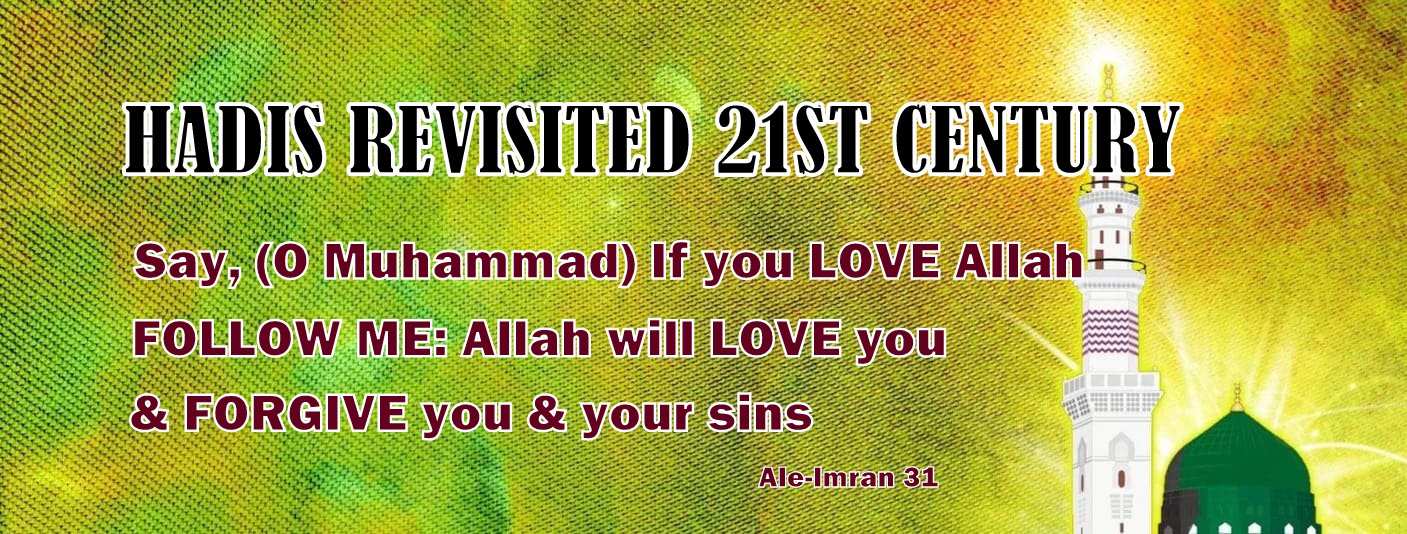Note: In order to really imbibe and enjoy this discussion one must read or at least have quick glance over the last discussion, now onward referred as Search I and this being the Search II.
In the last discussion we reached some postulates, as we may call these for the ease of undertaking further discussion on the topic, with one aim that we are looking for ways to create harmony peace and tranquility for man to be able to live in a more harmonious and a placid world. We concluded in the last discussion that science is kind of blind without the intuition and is almost going towards a dead end, with all its charisma and glamor it has failed to ensure peace, simply because knowledge without spiritual aspect is like a body without the spirit.
In order to recapitulate, there is a dire need to analyze and evaluate the ways last few centuries saw the development of culture and the resulting cultural values. For the time being we will try to follow a middle-of-the-road approach though candid but try to be impartial in our search as far as possible. One can see a strong impact of the world wide phenomenon, e.g. in the realms of visual arts after the bloody revolutions we can see a clear transition from the realms of realism to the new trends called the abstract art, from the sweet smiles of Mona Lisa to the distorted human images by the modern painters and artists in general, here leaving details to the imagination and experience of the reader with a view to save time and remain oriented to our topic. However we must not over look the stupendous influence of these phenomenons on other fields of human activity such as the poetry, philosophy including the very birth of the field of psychology in this era and all the other activities. The commodious impact of these entire phenomenons and the so called modernization adversely affected the overall human outlook. As a result one of the most serious consequence was a revolution and an ultra modern behavior towards religion; the only source for man to be able to keep ardently required element of virtue and the values intact. Thus human behavior in general could not remain unaffected by this big era of transformation, a metamorphosis affecting the deeper psychic aspects of man, never so evident ever before, increasing in its dimensions at a monstrous speed. So one can conclude that these aberrations actually started with the world wide transformation, what the historian refer as renaissance. The division of the post and pre-renaissance is also a matter of terminology if one is analyzing the causes of transformation in human behavior, though one will tend to agree, it has been a process going on from the times, man discovered himself as a civilized creature. But one can clearly see that the most adversely effected human asset was the religion, and here we are certainly taking this word in its most liberal and universal meanings, an asset belonging to all mankind, at his complete disposal with full right to imbibe it to one’s intellectual capacities and God gifted faculties. In the latter stages of our discussions, if God be willing, we might undertake the true reality of the religion and different dimensions of these effects with the passage of time on different religious traditions.
To refresh our memories in order to smoothly proceed with our discussion we bring an excerpt from the previous discussion, “Positivism, altogether rejecting all a priori knowledge where sense experience is taken to be the only source of all valid knowledge.”
For the time being taking religion in its pristine connotation as the most valuable spiritual asset for man, must be salvaged at all costs, as in our previous discussions it was concluded that without the spirit not only the knowledge merely based on science is blind but also shuts all the door to all the venues for moral values and virtue in the world we have to live in peace. And this vital most aspect governing human activity, the parameter defining the set of moral value and the definition of virtue can not be left to an individual and not even an institution without some principles agreed upon by all, because if the man goes wrong in deciding what should be the parameters of moral values and the virtue which we all must follow to ensure peace for all mankind, we are heading for the disaster, as pointed out in the last discussion. The prevalent scenario which is not all that bright, in itself is indicative of this exigent necessity, as well as the fact that man is failing in realization of the dire need for a set of such values. This is why we are searching for ways to ensure that ardently required peace which is only possible if we can find ways to harness all action of man detrimental to the peaceful existence of all other men around, directly or indirectly effected by such action. There is another reality which must not be over looked that we are certainly left with very less time.
Therefore it can be conclusively stated that there is a dire need for a concrete set of moral values and especially the parameters defining the analogue of virtues required by man enabling him to be a healthy member of the society, capable of ensuring equal opportunities for all, to have a more peaceful, harmonious and a placid world, the raison d’ etre of our discussion. We must take our discussion forward, to ensure all our happiness, safety, pleasure and the very survival which is seriously and directly connected to it is not hampered at any stage for any reasons. However this humble endeavor certainly requires inspiration and stimulation in the form of precious comments and candid analysis from my worthy readers to strengthen our case towards a more placid world, a dire need for us all.




